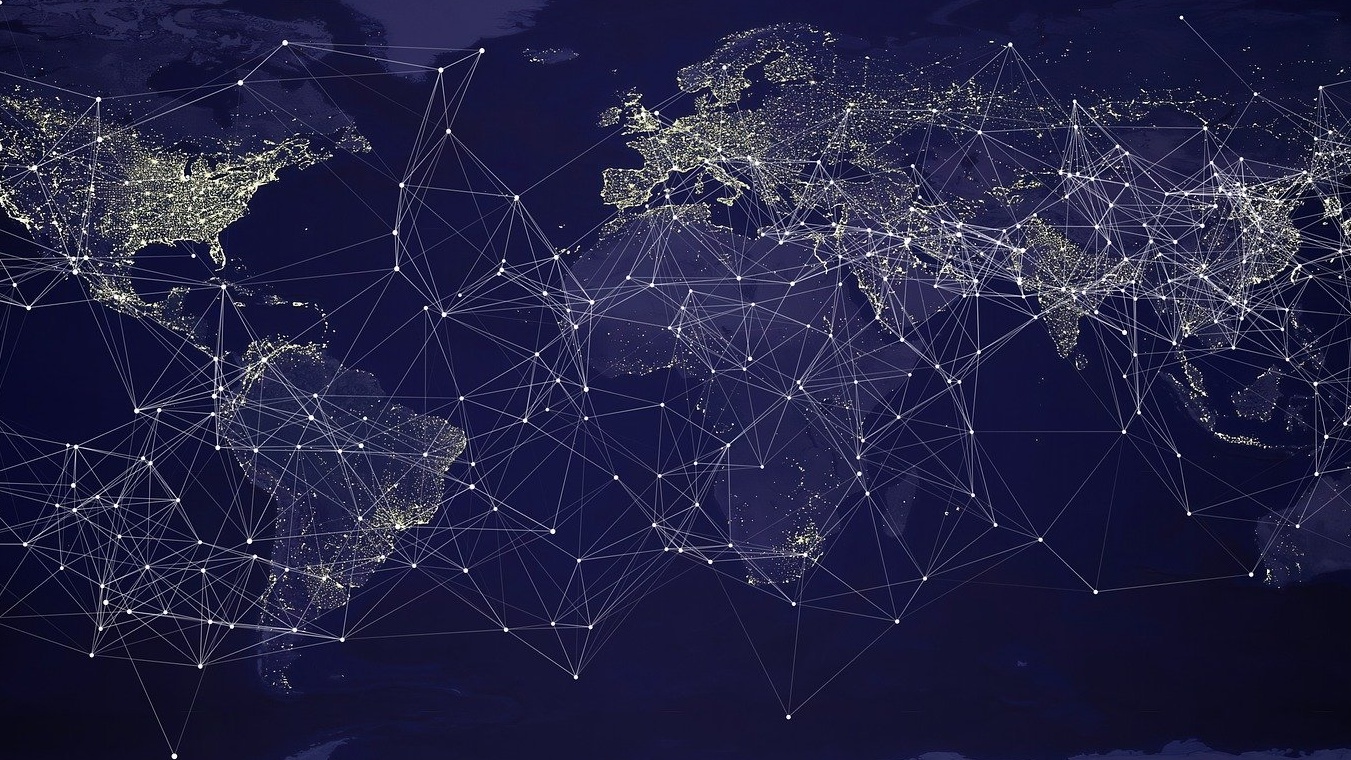Globalization and global networks are closely related concepts, as globalization has enabled the emergence and growth of global networks. Globalization refers to the integration of economies, societies, and cultures across the world, facilitated by advancements in technology, transportation, and communication.
Global networks, on the other hand, are systems of interconnected people, organizations, and technologies that span across geographic boundaries and facilitate communication, collaboration, and exchange of information and resources on a global scale.
Globalization has played a significant role in the growth of global networks, as it has facilitated the flow of people, goods, capital, and information across borders. The rise of digital technologies has further accelerated this process, enabling individuals and organizations to connect and interact with each other on a global scale.
Global networks have several implications for globalization, including:
- Economic integration – Global networks have enabled greater economic integration across countries, as businesses can now operate on a global scale, accessing new markets, resources, and talent.
- Cultural exchange – Global networks have facilitated cultural exchange and the spread of ideas, values, and traditions across the world, as individuals can now connect with each other and share their experiences and perspectives.
- Political coordination – Global networks have enabled greater political coordination and cooperation on global issues, such as climate change, trade, and human rights, as governments and international organizations can now communicate and collaborate more easily.
Overall, globalization and global networks are closely intertwined, as the growth of global networks has been facilitated by the forces of globalization, while also contributing to the further integration of the global economy, society, and culture.


